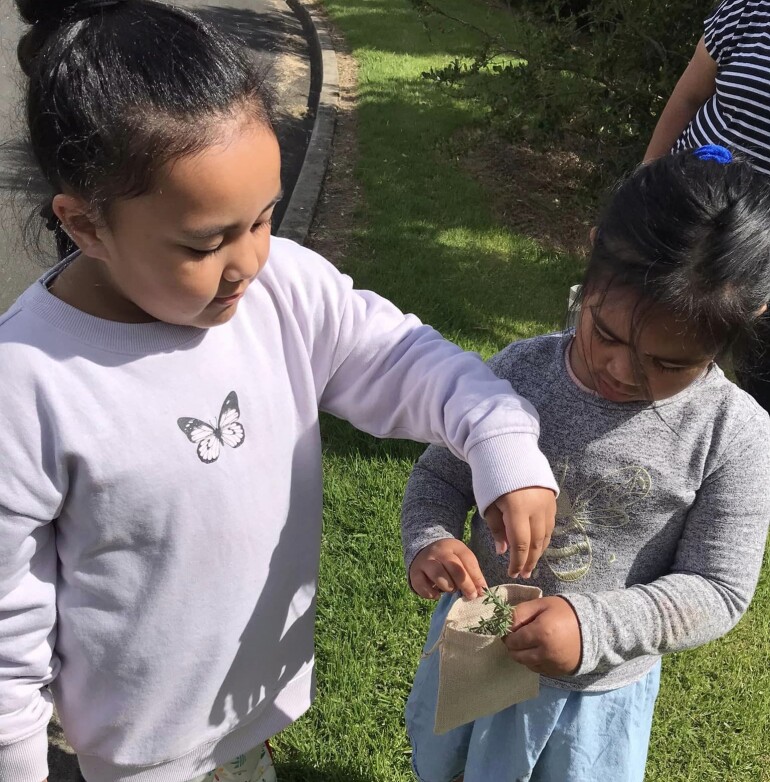News And Events

Respectful Practice Activity
25 January 2024We’re providing Educators/Nannies with an activity to do with children that helps them learn about being respectful and empathetic towards others, and how it makes them feel when they acknowledge the wellbeing of others.
The resource will provide a story about what it means to be kind and to show respect. It talks about how our words and actions can fill peoples buckets or dip into them. The follow up activity is facilitated by the Educator/Nanny; there are two buckets, labelled bucket fillers and bucket dippers. The Educator/Nanny will support tamariki to discuss each action statement and decide whether it is a bucket dipper or bucket filler. They then place it on the corresponding bucket.
Here's some ideas to fill the bucket:
- Say ‘thank you’ when someone shares a game with you.
- Smile to someone and say ‘kia ora’.
- Sing a nursery rhyme to an infant.
- Help someone put their shoes on.
Caring words and actions help people to feel good about themselves and others. Key questions to extend discussion might be:
- What makes a good friend?
- What are good ways to play with a friend?
- How can you help a friend who is upset?
- What can you do if you and your friend don’t agree?
- What can you do to show manaakitanga at our house?
Here are just a few ideas from Te Whāriki that note how Educators/Nannies show respectful practice for the different age groups:
Infants:
- They respond sensitively to signals of distress, hunger or tiredness.
- Infants experience unhurried and calm caregiving practices for feeding, sleeping and nappy changing.
- The environment is predictable and dependable and infants are supported to build trusting attachment relationships.
Toddlers:
- Sleeping, eating and toilet-learning routines are flexible, calm, familiar and positive.
- Comfortable, enjoyable and predictable caregiving practices are established that support each toddler’s identity, self-knowledge and developing self-regulation.
- Toddlers are encouraged to do things in their own particular way when this is appropriate, and their preferences in play activities are respected.
Young Children:
- Plenty of time is given for children to practise their developing self-help and self-care skills when eating, drinking, toileting, resting, washing and dressing.
- Children are assisted in ways that support independence and competence and do not engender shame or embarrassment.
- Kaiako listen to children’s ideas and questions and encourage them to feel positive about themselves.
The learning outcomes from Te Whāriki for respectful practice include:
- Managing themselves and expressing their feelings and needs | te whakahua whakairo
- Showing respect for kaupapa, rules and the rights of others | te mahi whakaute
- Treating others fairly and including them in play | te ngākau makuru
- Using gesture and movement to express themselves | he kōrero ā-tinana


